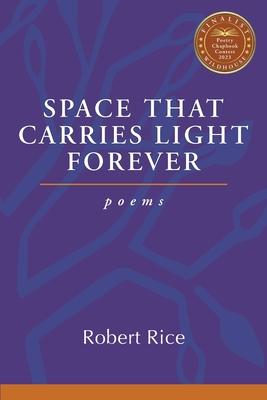These days 'nature poetry' is often disparaged as irrelevant in modern society with the presumption that poets should be writing poems about humans: our suffering, our problems, our wars, prejudices, and injustices. In our culture of money, nature is mostly devalued as scenery or as an exploitable resource, a place to cut timber, extract minerals, and divert water for manufacturing. These powerful and accessible poems of loss and praise view nature as a resource-to assist in our awakening. They challenge us to find the spiritual in the everyday, the sacred in the secular. They examine the natural world as a local expression of the cosmos. By exploring mountains and rivers they move toward a fusion with the geography of our inner world, showing that in the mindfulness created by our experiences of nature lies our best hope of addressing human problems. As well as notes from the wilderness they include news from the edge of consciousness, wintry prayers, and the happiness of the ordinary, even within the context of ecological peril. These are poems with an intricate sense of our connection to the natural world for a disconnected time.
"Poetry, for me, is an instrument of investigation and a mode of perception, a way of knowing and feeling both self and world...I am interested in poems that find a clarity without simplicity; in a way of thinking and speaking that does not exclude complexity but also does not obscure; in poems that know the world in many ways at once-heart, mind, voice, and body."
-Jane Hirshfield, judge of the 2024 Wildhouse Poetry Chapbook Contest
